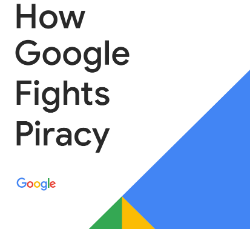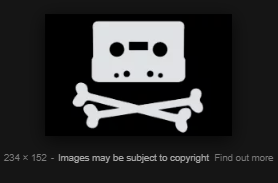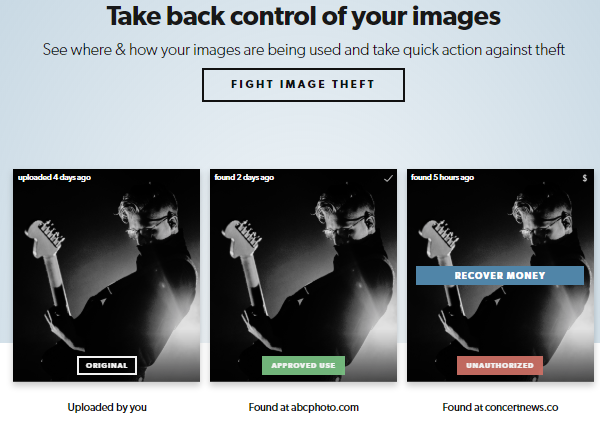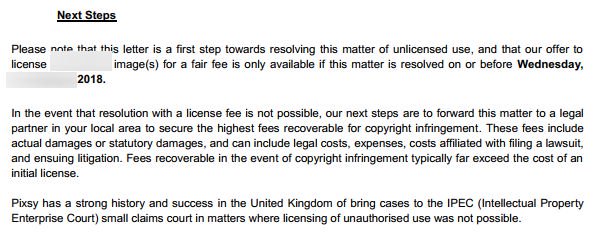
The memorandum was signed by media companies Channel One, the National Media Group, Gazprom-Media, the Internet Video Association, and the Association of Film and Television Producers. Yandex, Rambler Group, Mail.Ru Group, vKontakte, and RuTube signed on the tech platform side.
A centralized database, populated with links to sites that the entertainment industry groups claim are infringing their intellectual property, will be created in a matter of weeks. Search engines and hosting platforms will query the database every five minutes and remove infringing content with six hours.
While the agreement had broad support, Russia’s publishing companies were not present during the initial signing. However, telecoms regular Roscomndazor indicated that other rightsholders and tech companies were welcome to join following a successful application.
The publishers have now shown their hand in a letter from the Russian Book Union to Roscomnadzor head Alexander Zharov.
“I ask you to assist in organizing the signing of a memorandum with the Internet Copyright Association [AZAPI] representing the interests of most major Russian publishing houses,” the letter reads.
“Direct communications between the Internet Copyright Association (AZAPI) and Roskomnadzor will remove links from search engines issued on the basis of a constructive dialogue, without waiting for the adoption of the law to develop an optimal test model.
The memorandum signed last week is valid until September 1, 2019. By then, the signatories expect new copyright legislation to be introduced, enshrining the terms of the memorandum in law.
In recent months, Yandex, in particular, has been under increasing pressure to do something about the large amounts of pirate content appearing in search results. Early September, before the signing of the memorandum, the battle again moved to the legal system.
In lawsuits filed with the Moscow City Court, Gazprom-Media outlets including TNT, TV-3, 2×2, complained that Yandex should “stop creating technical conditions that ensure the placement of [copyrighted] works on the Yandex.ru website.”
While that matter is still pending, the agreement reached last week (Yandex and Gazprom-Media both signed) could mean that GazProm-Media withdraws its complaints against Yandex. Speaking with TASS, spokesperson Ekaterina Trofimova declined to rule out the possibility of peace breaking out before the trial, provisionally arranged for December 5, 2018.
Meanwhile, the Russian IPChain Association, which earlier this year signed an agreement to digitize the patent archives of Kyrgyzstan using blockchain technology, has said it’s ready to provide a technological solution for the anti-piracy database detailed in the memorandum.
“The main infrastructure solution for implementing the conditions of the memorandum is, of course, distributed registry technology,” said a letter penned by Maxim Proksh of the government-backed innovation group, Skolkovo Foundation.
“Based on this technology, a number of projects have already been created that have passed the pilot stage and have been commercialized. This is how the IPChain intellectual property management system would work to provide a technological solution for the implementation of the memorandum.”
Through the use of blockchain technology, it’s envisioned that trust will be built between companies like Yandex and Gazprom-Media.
“It is important that the blockchain will create and cultivate an environment of trust between search engines and rightsholders. Flat registries in the form of tables are hopelessly outdated, both technologically and morally,” Proksh added.
Source: TF, for the latest info on copyright, file-sharing, torrent sites and more. We also have VPN reviews, discounts, offers and coupons.

 It is no secret that copyright holders are monitoring unauthorized downloads around the world.
It is no secret that copyright holders are monitoring unauthorized downloads around the world. The entertainment industries have repeatedly accused Google of not doing enough to limit piracy while demanding tougher action.
The entertainment industries have repeatedly accused Google of not doing enough to limit piracy while demanding tougher action.
 For roughly two decades, copyright holders have been sending ISPs takedown notices to alert account holders that their connections are being used to share copyrighted material.
For roughly two decades, copyright holders have been sending ISPs takedown notices to alert account holders that their connections are being used to share copyrighted material. This week we have five newcomers in our chart.
This week we have five newcomers in our chart. With a backdrop of Hollywood waging war on pirates and pirate sites, 2007 delivered a ray of light for BitTorrent users and filmmakers alike.
With a backdrop of Hollywood waging war on pirates and pirate sites, 2007 delivered a ray of light for BitTorrent users and filmmakers alike.  There are several reasons for that:
There are several reasons for that:


 Whether it’s for a school project, a funny meme, or a blog, many people use search engines to find fitting images.
Whether it’s for a school project, a funny meme, or a blog, many people use search engines to find fitting images. 
